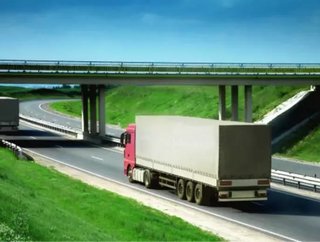Australian rail group calls for satellite monitoring of trucks

In Australia, rail companies and associations are calling for satellite monitoring of trucks in order to charge them at rates that better reflect their road use.
Rail companies Aurizon and Asciano, along with the Australasian Railway Association and the Australian Rail Track Corporation, want satellite technology to monitor the distance trucks have traveled in order to charge accordingly.
Those making the calls claim investment in the country's railways will be hamstrung until heavy vehicles are charged at rates that reflect their use of the roads.
In in a submission to the Productivity Commission's inquiry into public infrastructure, the group called for trials of what they describe as ''direct mass-distance location'' charging over the next year.
They propose to use global positioning systems and other technology to set charges linked directly to the size of heavy vehicles, the type of road they drive on and the distance traveled.
They claim the present charging system does not charge truck operators enough to cover the cost of their road use and the existing system did not link the funds raised from road charges with investments made in roadways.
In Australia, the federal government collects a fuel excise from truck operators, while State and Territory governments charge an annual registration based on vehicle size.
''As long as the cost of road investments is not accurately reflected in road prices and cross subsidisation between heavy-vehicle users continues, it makes commercial investment in competing rail infrastructure very challenging,'' the rail companies said in the submission.
''Because the charges are calculated for the national network as a whole, there is no direct connection between the amount of road-user charge paid per kilometre, and the condition or capability of the road being used.''
The group added that heavy vehicles bore only a ''minimal proportion of joint costs'' for the upkeep and development of the roads.
In response, the Australian Trucking Association said that while the proposals were ''theoretically fair'', yet charges based on the actual cost of roads would be too high for users of regional roads. It added that marginal-cost road-user charges would cause ''unintentional welfare effects due to the vast population spread in Australia''.
- How the C3 AI Supply Chain Suite Drives Increased ResilienceTechnology
- The Art of Supply Chain Planning with Gartner, SAP, KinaxisSupply Chain Risk Management
- Top 100 Women 2024: Stephanie Rankin Smith – No. 8Operations
- Why SAP Supply Chain Solutions Could Transform ManufacturingTechnology






